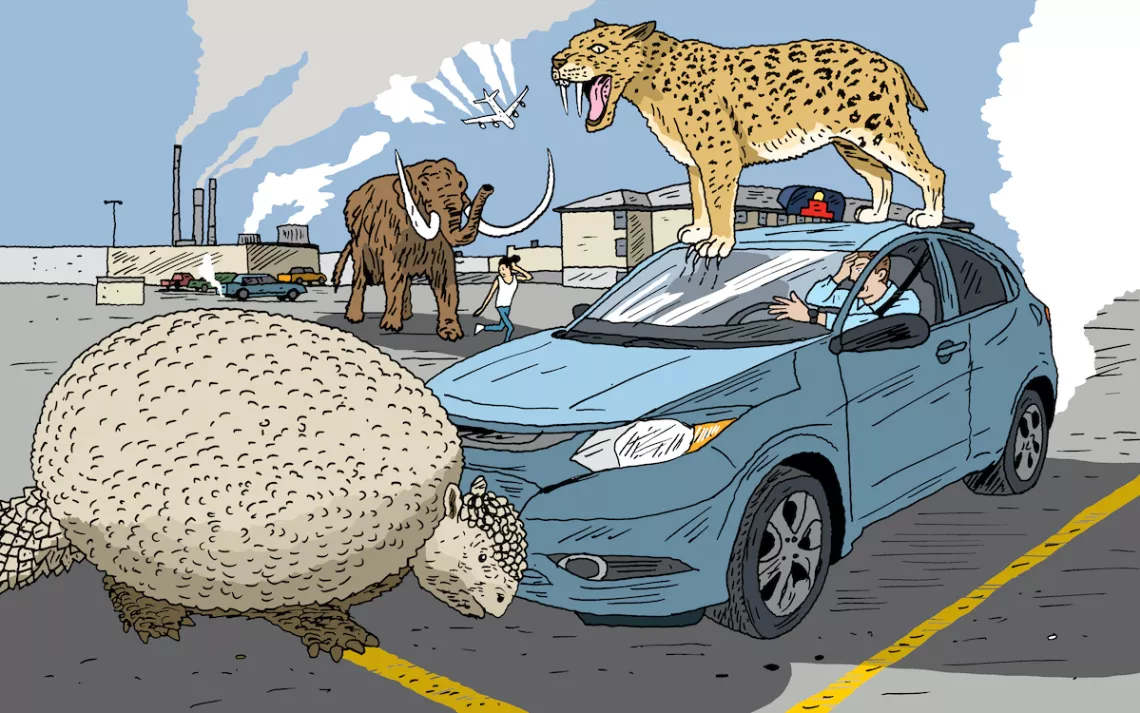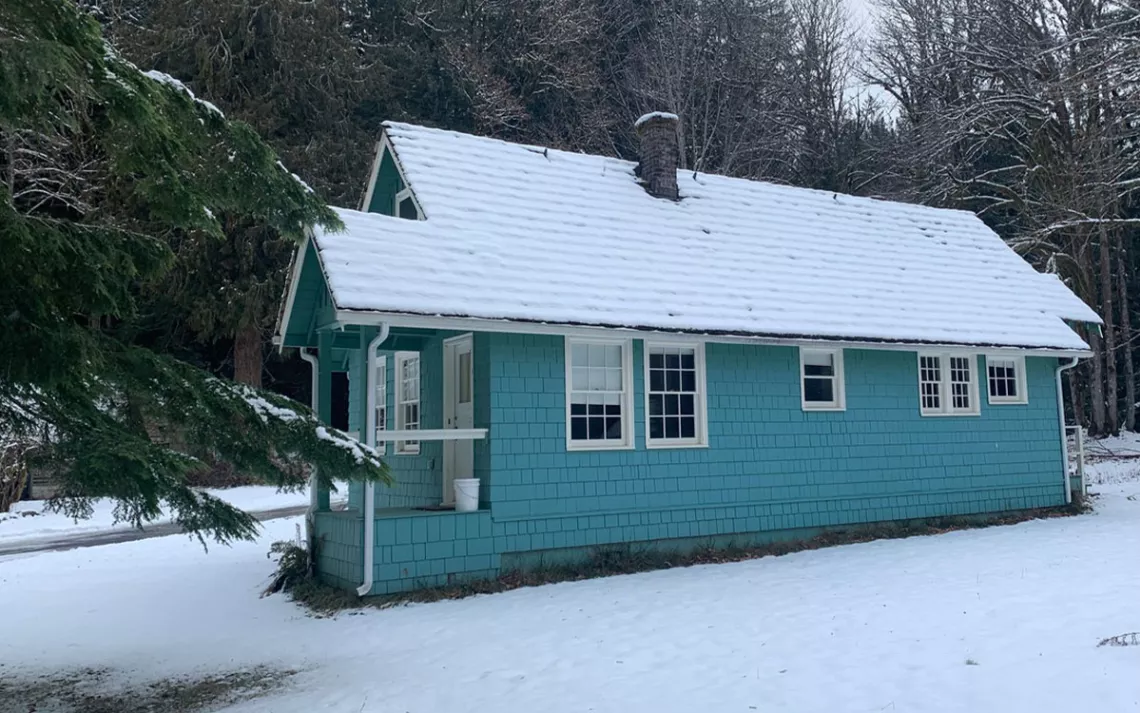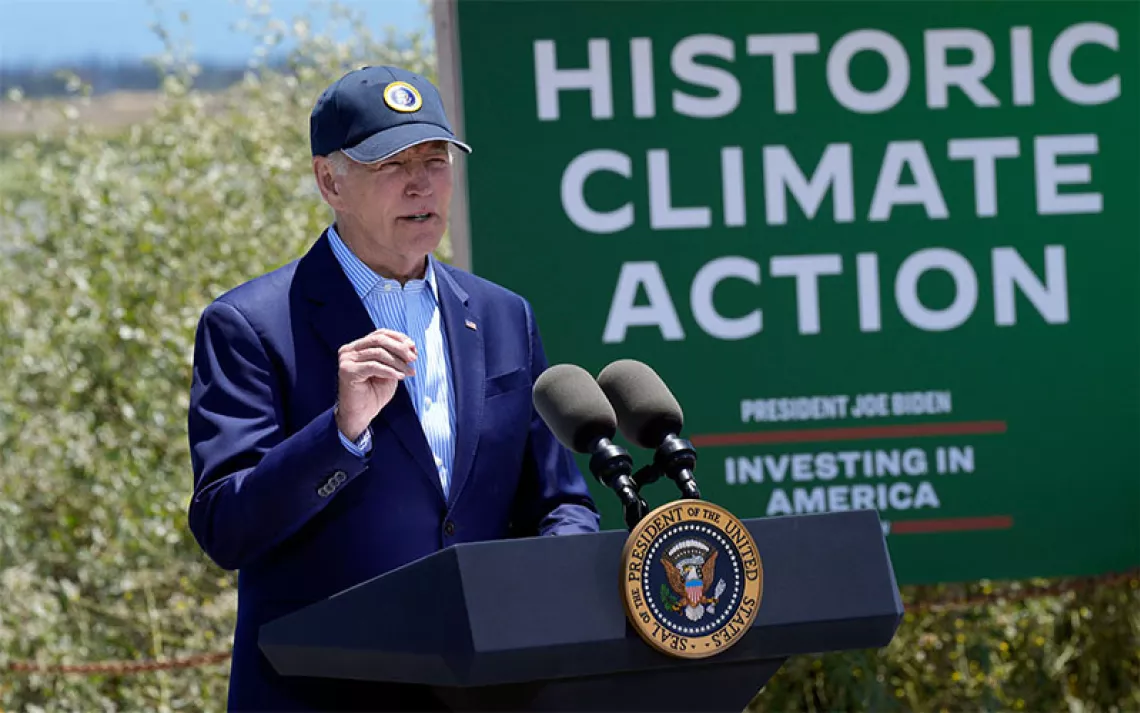ICYMI: Pliocene Carbon Levels, Chrysler Caught Cheating, and Here Comes Monkeypox
A weekly roundup for busy people

Illustration by Peter Arkle
The amount of carbon dioxide in Earth’s atmosphere hits 421 parts per million, half again as high as in preindustrial times. When CO2 levels were last this high, in the Pliocene epoch more than 4 million years ago, sea levels were 5 to 25 meters higher than they are today.
President Joe Biden invokes the Defense Production Act to increase the domestic supply of heat pumps and other clean energy technologies.
Tree-planting efforts are hampered by immigration restrictions on foreign workers, who do the vast majority of reforestation work in the United States.
The California Coastal Commission approves construction of a sea wall to keep trains on Amtrak’s second-busiest route in the country, between San Diego and Los Angeles, from tumbling into the sea.
The Biden administration restores authority to states and tribal nations to veto gas pipelines, coal terminals, and other energy projects that might pollute local waterways.
Interior Secretary Deb Haaland announces the phaseout of plastic bottles and other single-use plastics on US public lands over the next 10 years.
Utah’s Great Salt Lake is drying up.
A study finds that human-caused wildfires are more extreme than those sparked by lightning.
Dengue fever is spreading rapidly in Brazil.
At least 1,300 cases of monkeypox are reported outside of Africa. The disease may be establishing itself in North American animal populations.
Four Kenyans demonstrating against elephants intruding on their fields are shot and killed by security forces.
Fiat Chrysler Automobiles, formerly known as Chrysler and now part of automotive giant Stellantis, will pay fines and penalties of $300 million for cheating on the emissions testing on more than 100,000 Jeep Grand Cherokee and Ram 1,500 diesel cars.
The League of Conservation Voters supports expanding the US Supreme Court to include four new justices.
Two community scientists in Vermont discover a population of small whorled pogonia, a species of orchid that has not been seen in the state since 1902.
 The Magazine of The Sierra Club
The Magazine of The Sierra Club



